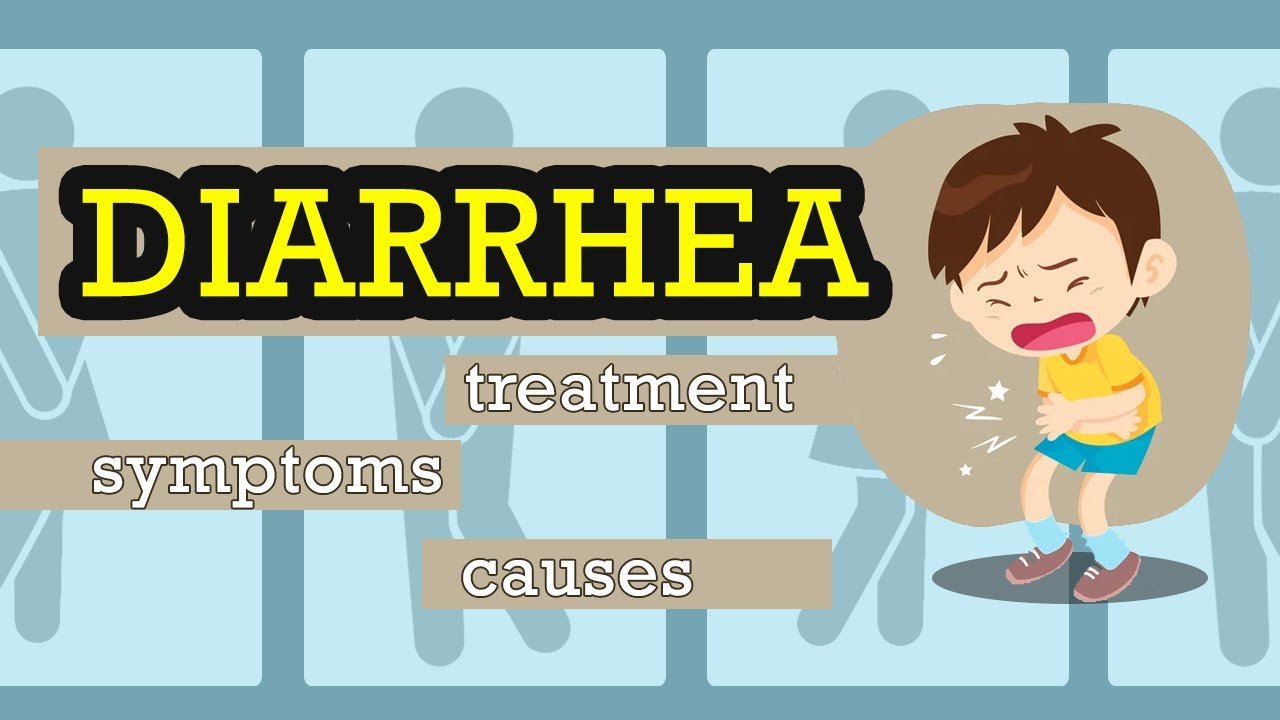Understanding Diarrhea and Dysentery: Causes, Symptoms, and Effective Management
Diarrhea and dysentery are gastrointestinal conditions characterized by the frequent passage of loose or watery stools. This article explores the causes, symptoms, and effective management of these digestive disorders, shedding light on their distinct features and potential complications.
1. Introduction to Diarrhea and Dysentery
Diarrhea and dysentery are both gastrointestinal conditions that affect the normal functioning of the digestive system, leading to changes in bowel habits. While diarrhea is often associated with loose and frequent stools, dysentery involves more severe symptoms, including the presence of blood in the stool.

2. Common Causes of Diarrhea
Viral Infections
Viruses, such as norovirus and rotavirus, are common culprits of infectious diarrhea. Contaminated food or water can facilitate the spread of these viruses.
Bacterial Infections
Bacterial infections, including those caused by Escherichia coli (E. coli), Salmonella, and Shigella, can lead to diarrhea. Contaminated food, poor hygiene, and exposure to infected individuals are common modes of transmission.

Parasitic Infections
Parasites like Giardia lamblia and Cryptosporidium can cause diarrhea, often resulting from ingesting contaminated water or food.
Food Intolerance and Sensitivities
Certain individuals may experience diarrhea due to food intolerances or sensitivities, such as lactose intolerance or gluten sensitivity.
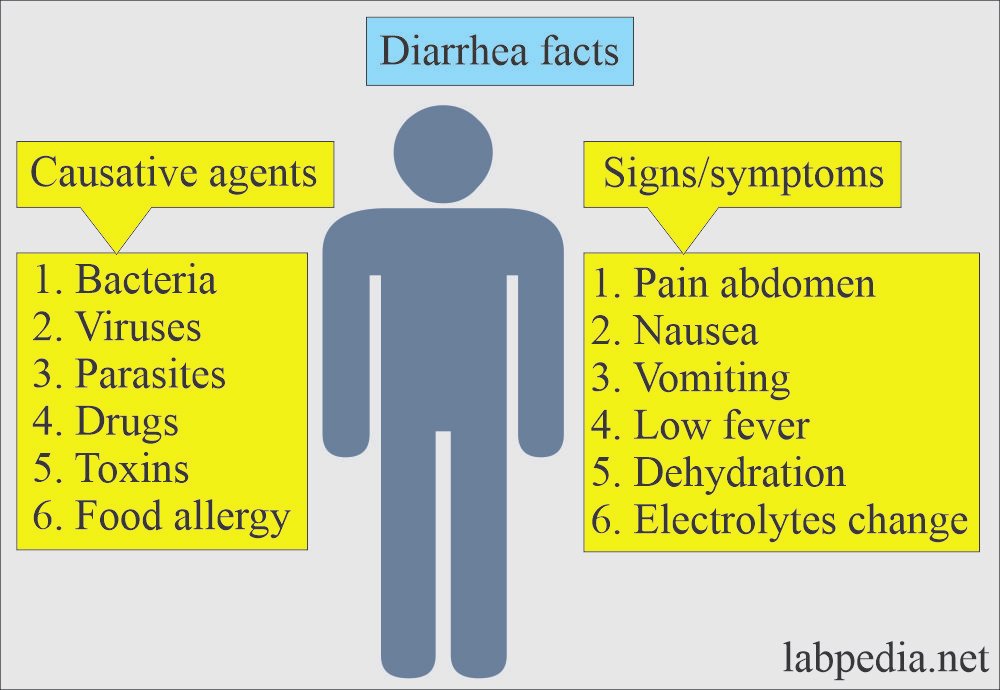
3. Symptoms of Diarrhea
Frequent Bowel Movements
The primary symptom of diarrhea is an increased frequency of bowel movements, often accompanied by urgency.
Loose or Watery Stools
Diarrheal stools are loose, watery, and may lack the usual consistency.
Abdominal Cramps
Abdominal cramps or pain are common, as the digestive system becomes more active.
Dehydration
Dehydration can occur due to the loss of fluids through diarrhea, leading to symptoms like thirst, dry mouth, and reduced urine output.
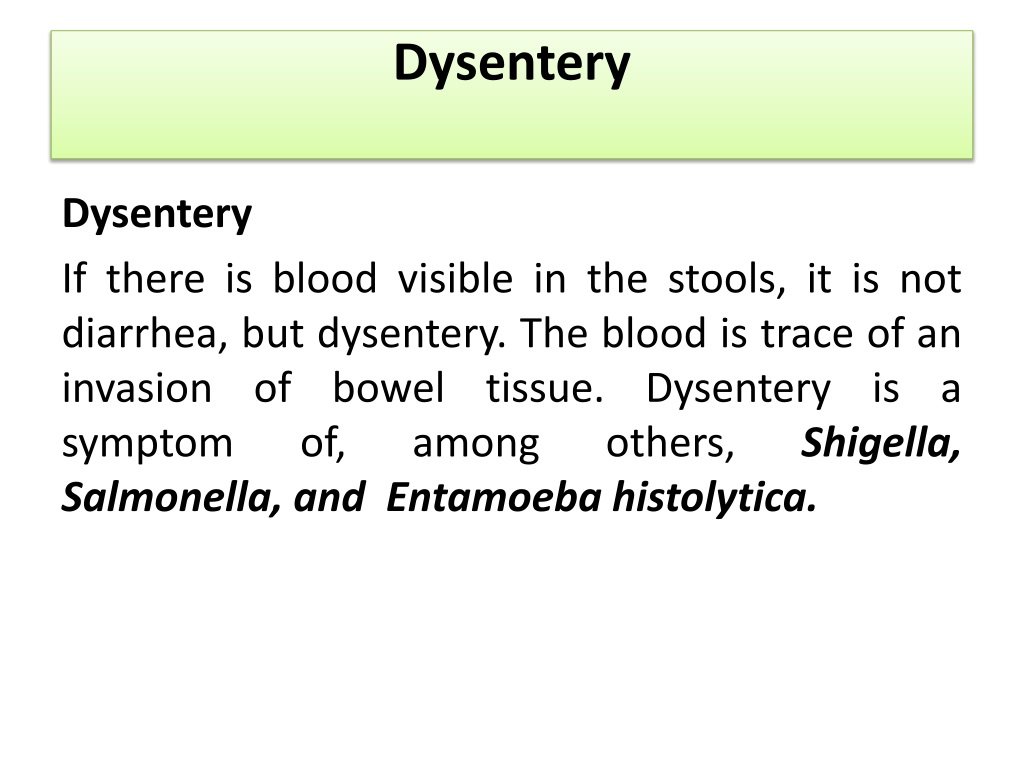
4. Common Causes of Dysentery
Bacterial Infections
Dysentery is often caused by bacterial infections, particularly Shigella and, in some cases, strains of E. coli. Contaminated food and water are common sources.
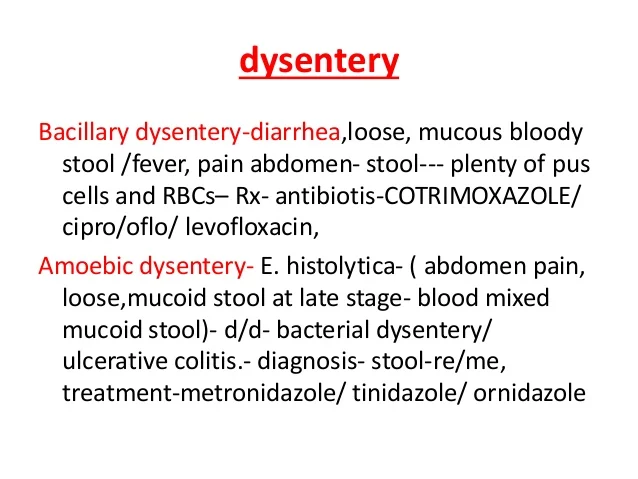
5. Symptoms of Dysentery
Bloody Stools
One of the hallmark symptoms of dysentery is the presence of blood in the stool. This indicates inflammation of the intestines.
Abdominal Pain
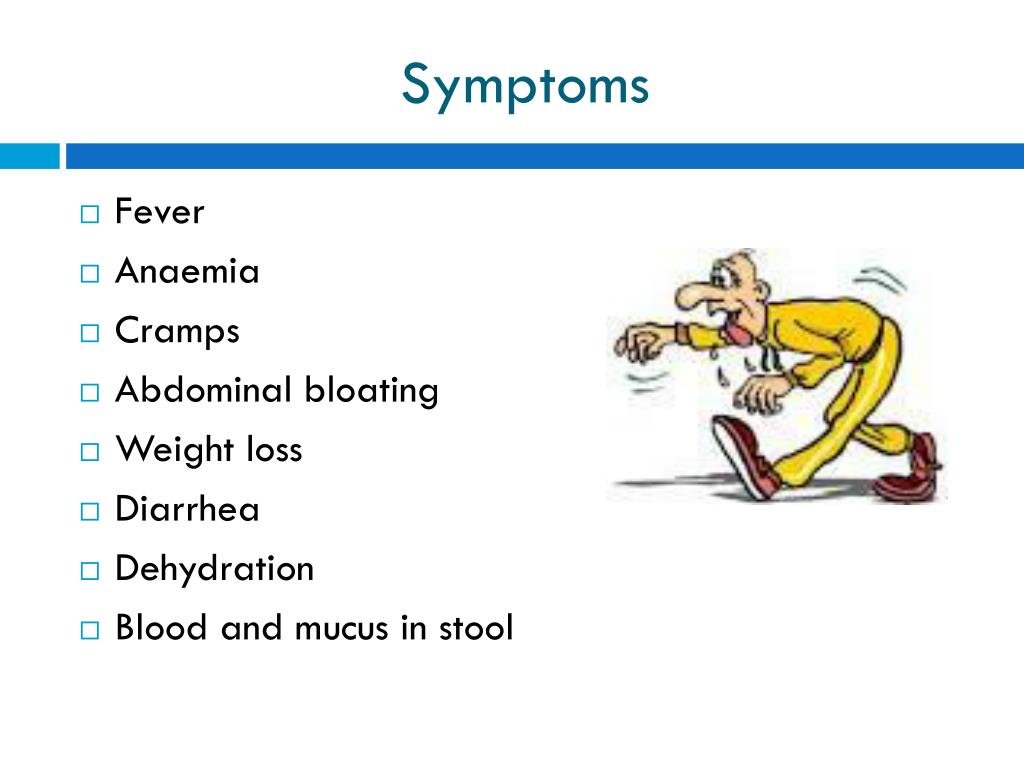
Severe abdominal pain and cramping are typical, reflecting the inflammation and irritation of the gastrointestinal tract.
Fever
Fever may accompany dysentery, especially in cases of bacterial infection, as the body mounts an immune response.
Tenesmus
Tenesmus, the feeling of incomplete evacuation after a bowel movement, is common in dysentery.
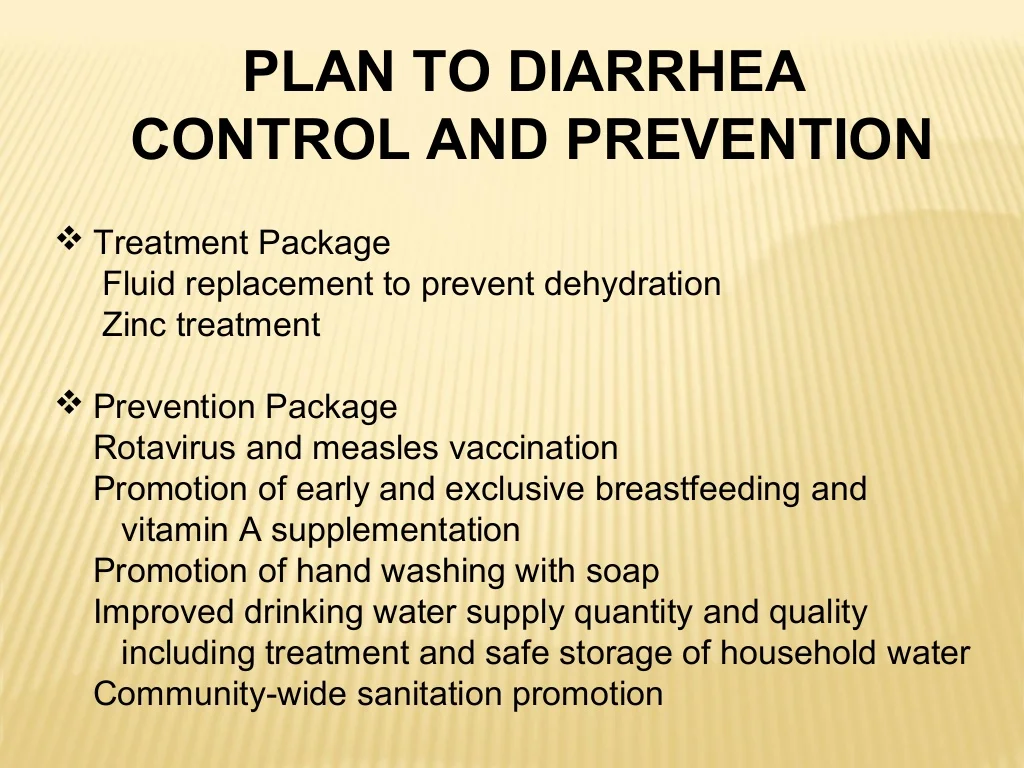
6. Management and Treatment
Rehydration
For both diarrhea and dysentery, maintaining hydration is crucial. Oral rehydration solutions or electrolyte drinks help replenish lost fluids and minerals.
Antimicrobial Medications
In bacterial or parasitic infections, antimicrobial medications may be prescribed to target the causative organisms.
Dietary Modifications
Avoiding certain foods, especially those that may exacerbate symptoms, and opting for a bland diet can aid in recovery.
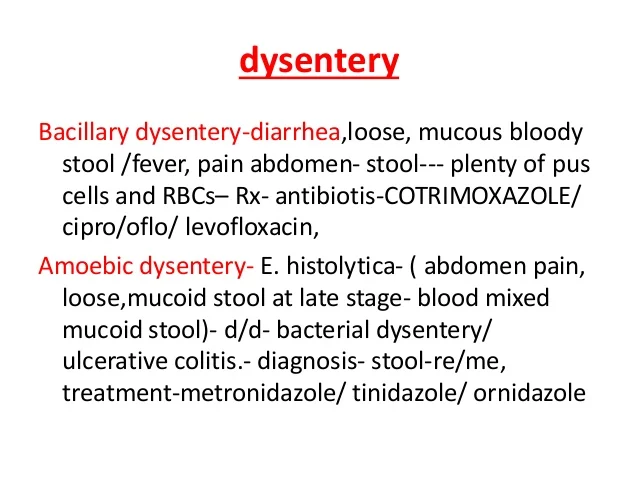
7. Prevention Strategies
Hygiene Practices
Practicing good hygiene, including proper handwashing, ensures protection against many infectious causes of diarrhea and dysentery.
Safe Food and Water
Consuming safe and properly prepared food, along with drinking clean and safe water, reduces the risk of bacterial and parasitic infections.
Vaccination
In some cases, vaccinations against specific bacterial or viral agents may provide preventive measures.
8. Conclusion
In conclusion, understanding the causes, symptoms, and effective management of diarrhea and dysentery is essential for individuals seeking relief from these gastrointestinal conditions. While diarrhea is generally a common and less severe ailment, dysentery demands attention due to its more severe symptoms, including the presence of blood in the stool. Seeking prompt medical attention, maintaining hydration, and adopting preventive measures are key to managing and preventing these digestive disorders.
FAQs:
1. Can diarrhea be caused by viral infections?
– Yes, viral infections, such as norovirus and rotavirus, are common causes of infectious diarrhea.
2. Is dysentery always caused by bacterial infections?
– Dysentery is often caused by bacterial infections, particularly Shigella. Bacterial strains of E. coli can also contribute to dysentery.
3. How can I prevent dehydration during diarrhea or dysentery?
– Consuming oral rehydration solutions or electrolyte drinks helps replenish lost fluids and minerals, preventing dehydration.
4. Is dysentery more severe than diarrhea?
– Yes, dysentery is generally considered more severe than common diarrhea, as it involves symptoms such as bloody stools, abdominal pain, and fever.
5. Should I seek medical attention for diarrhea or dysentery?
– While mild cases of diarrhea may resolve on their own, persistent or severe symptoms, especially in the case of dysentery, warrant medical attention. Seeking professional advice ensures proper diagnosis and appropriate treatment.
- Conjunctivitis (Eye Flu)
- Understanding Urinary Tract Infections (UTIs), 5 Signs & Symptoms
- Understanding Upper Respiratory Tract Infections (URTI)
- Geostatistical Infection Mapping: Unveiling Patterns and Insights
- Viral Infection: Types, Causes, Signs and Symptoms, Prevention, and Treatment
- https://en.wikipedia.org/wiki/Dysentery
- https://en.wikipedia.org/wiki/Diarrhea


